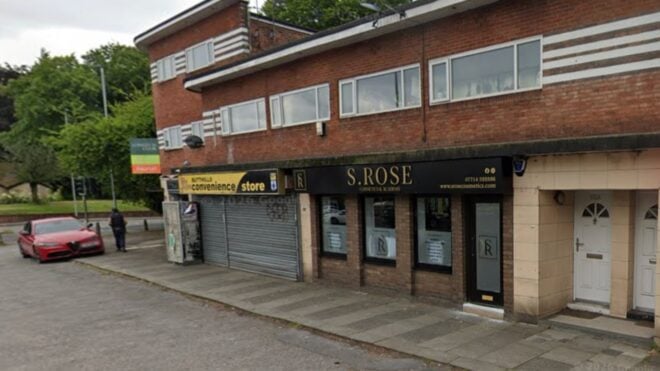One of the greatest boxing champions of all time, Muhammad Ali, has died at the age of 74 after a long battle with Parkinson's syndrome and a recent respiratory issue for which he was hospitalized.
Born on January 17, 1942, as Cassius Marcellus Clay Jr., Ali leaves behind a legendary and illustrious career as a professional boxer. But he was more than just a world champion.
As a pioneer for social justice, racial equality, and religious freedom, he took on many roles over the course of his life. His conversion to the Nation of Islam spurred not only his infamous name change, but also his life-long battle as an activist for political and social change. He befriended and worked with many key historical figures, such as Malcolm X, and even made trips overseas as an ambassador for the U.N, and was a negotiator. His outspokenness and attempt to control his public image made him a controversial figure early in his career, but nevertheless a much-loved and venerated figure throughout the years.
Muhammad Ali leaves behind many loved ones, including his wife, Lonnie, and nine children.
Photo Source: Facebook/Muhammad Ali
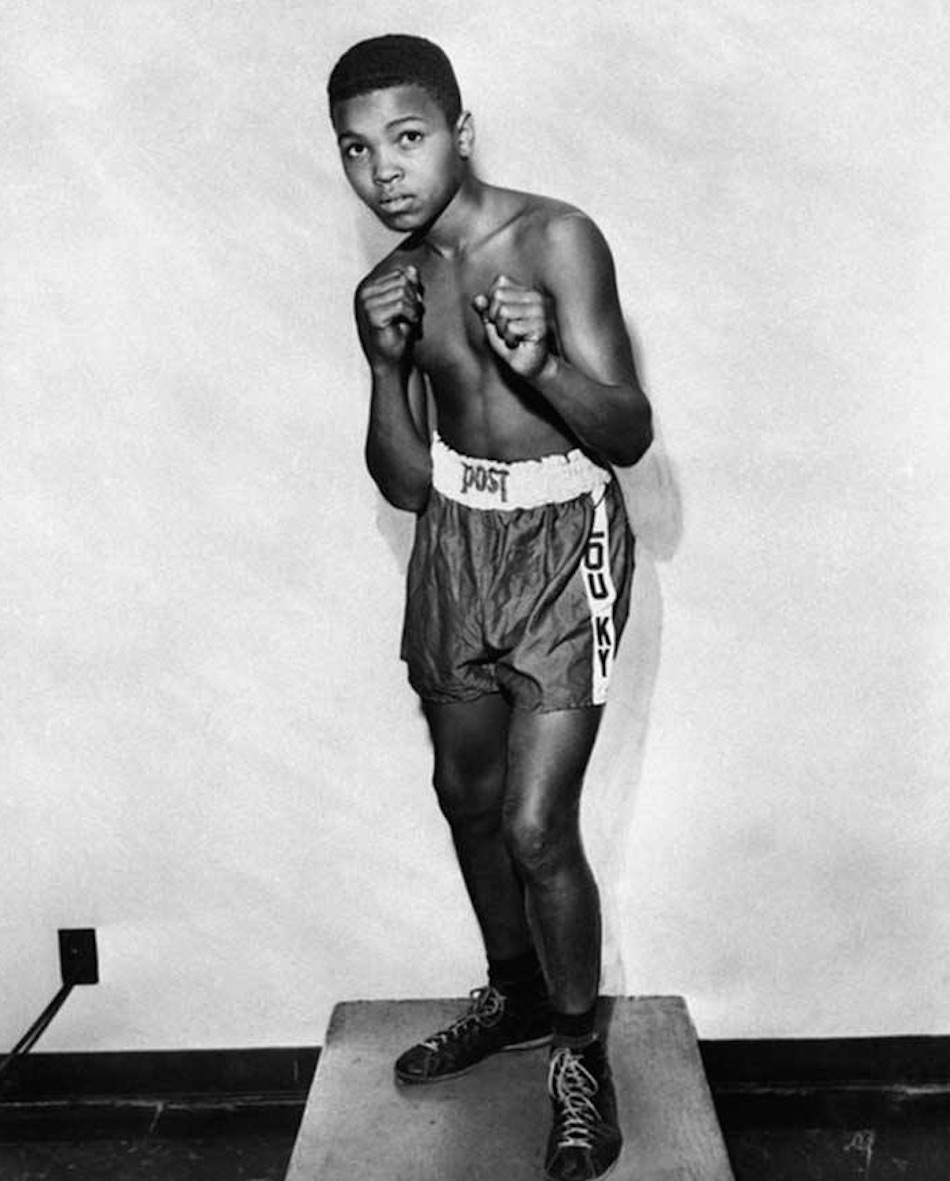
Muhammad Ali was born on January 17, 1942, as Cassius Marcellus Clay Jr.
Ali was introduced to boxing at the ripe age of 12, when a police officer heard how angry he was that his bike was stolen. He told the young boy that he needed to channel his anger into boxing and took young Ali under his wing.
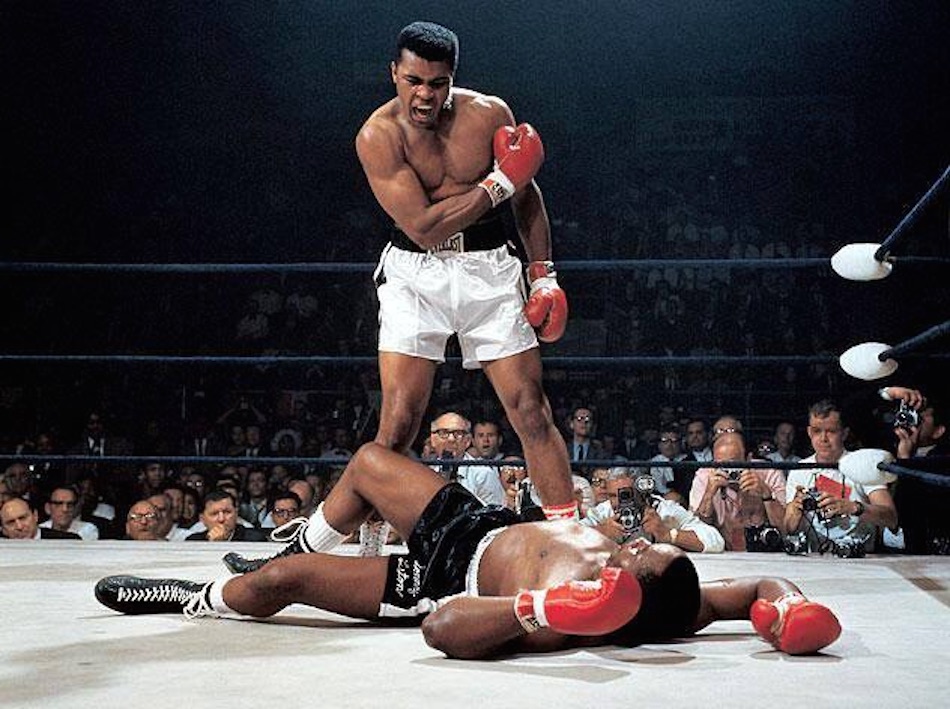
That same child would go on to become one of the greatest heavyweight boxing champions of all time.
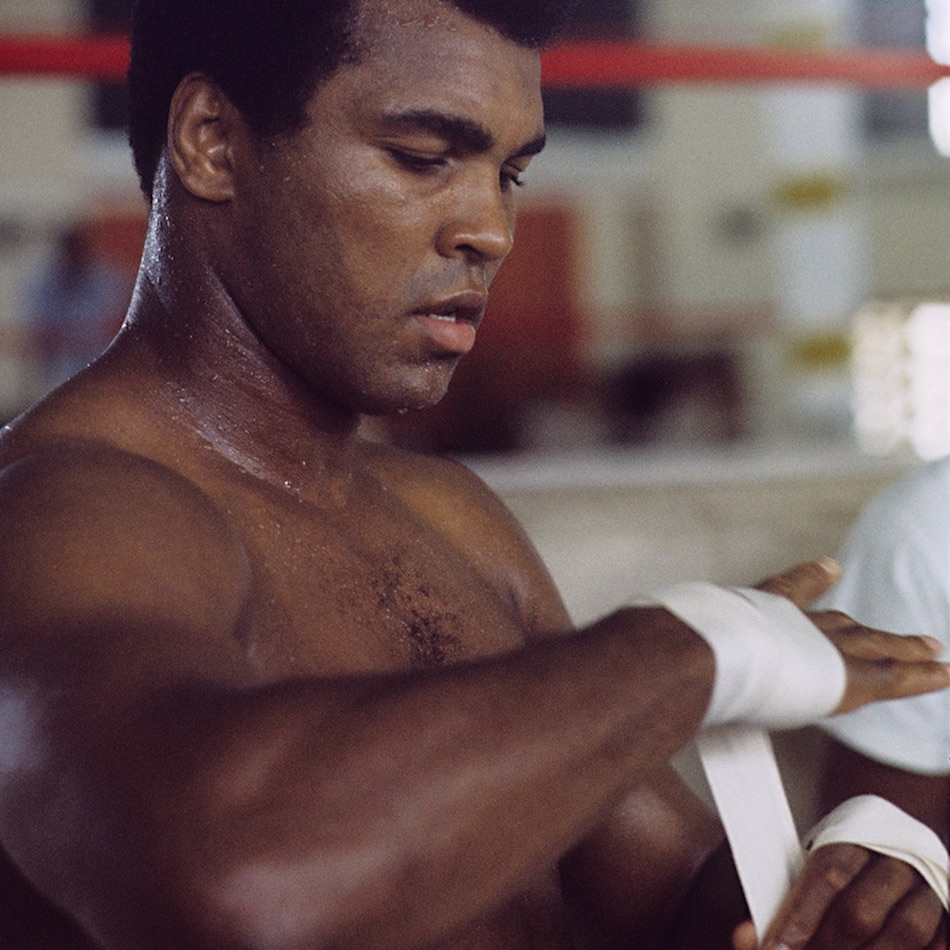
Over the course of his career, Ali (nicknamed "The Greatest") won many awards. He remains the only three-time lineal world heavyweight champion, taking the title in 1964, 1974, and 1978.
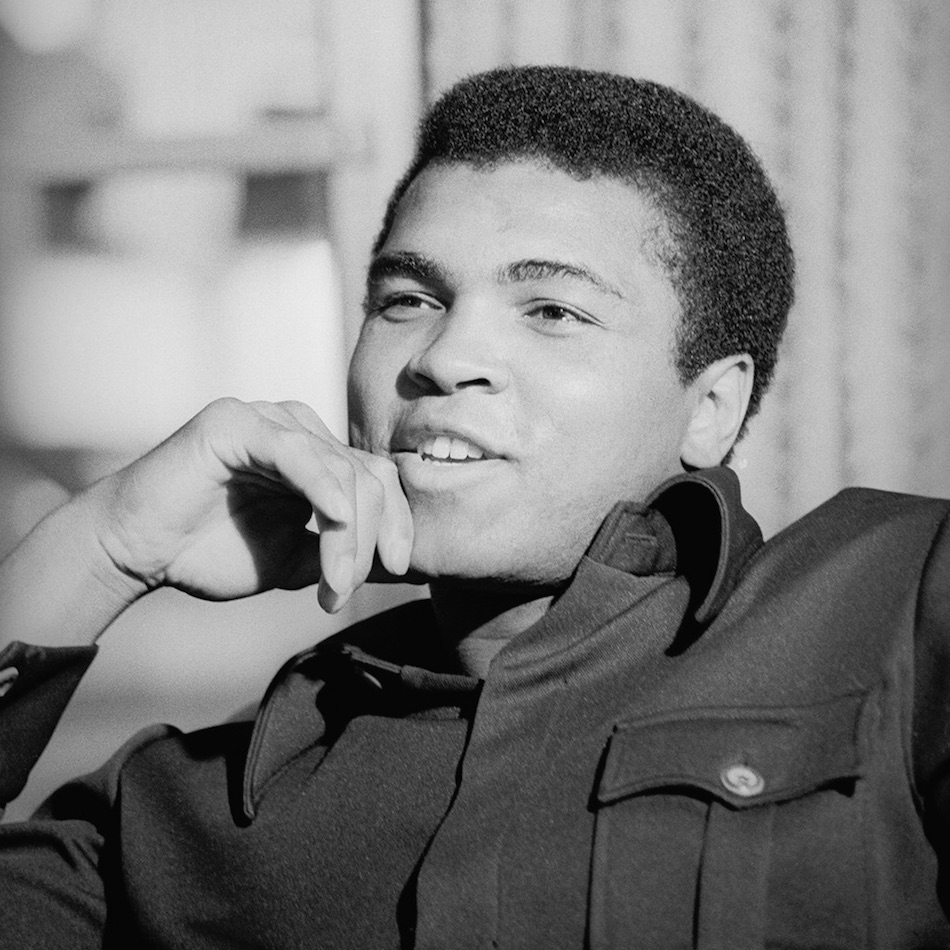
But Ali was more than just a boxer.
He was a key figure in many of the social and political issues during his lifetime. In 1965, he converted to Sunni Islam and spent his whole life actively fighting against racial injustice.
He objected against the Vietnam War, and refused to be inducted into the Army because of his religious beliefs. His stances on religious freedom and racial justice made him a personality in counterculture at the time.
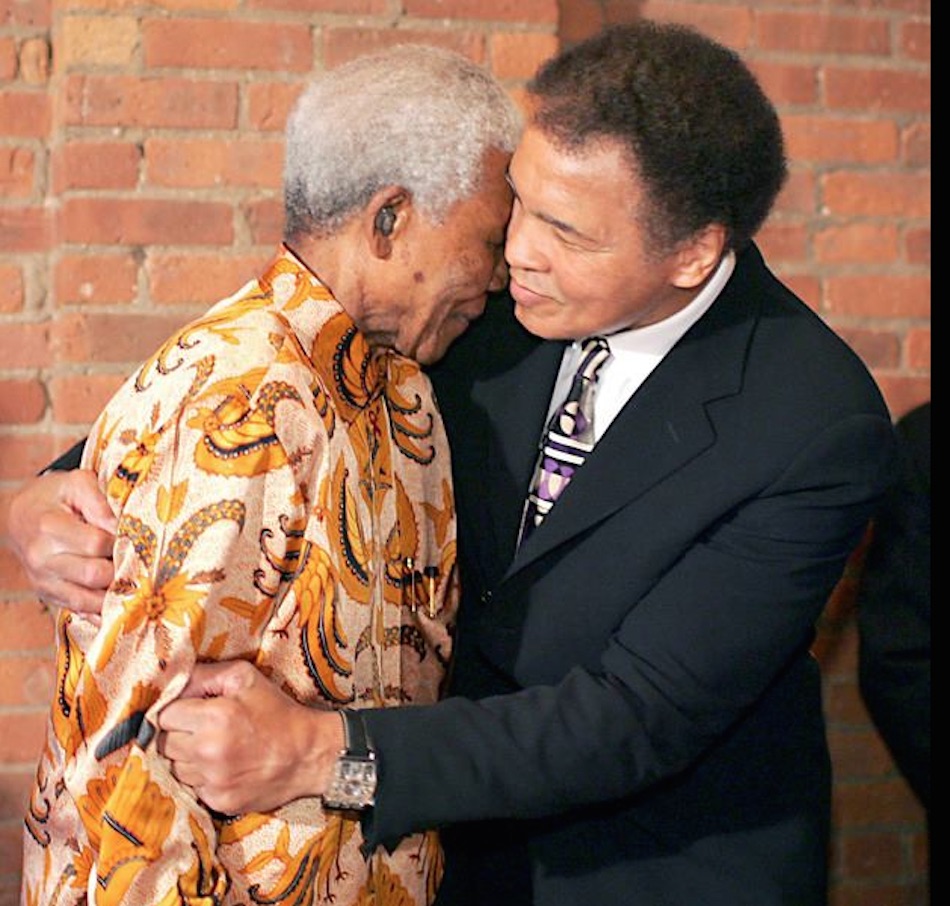
Even after his boxing career ended due to Parkinson's syndrome, Ali continued to work in the political and social spheres.
In 1991, he traveled to Iraq to negotiate the release of U.S. hostages with Saddam Hussein.
He spent three days in Kabul, Afghanistan, in 2002 as the "U.N. Messenger of Peace."
Then, in 2005, he unveiled the Muhammad Ali Center in Louisville, a nonprofit museum and cultural center.
The boxing legend will be greatly missed by many. He leaves behind his wife, Lonnie, and nine children — including boxing champion daughter, Laila Ali.
Please SHARE if you will fondly remember one of the world's greatest boxers!

